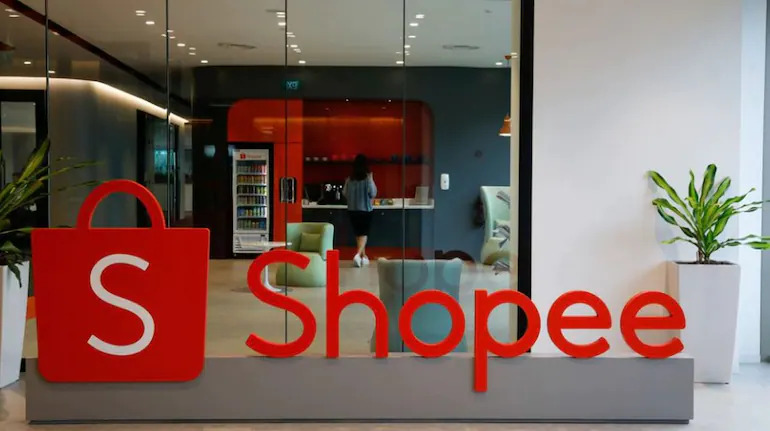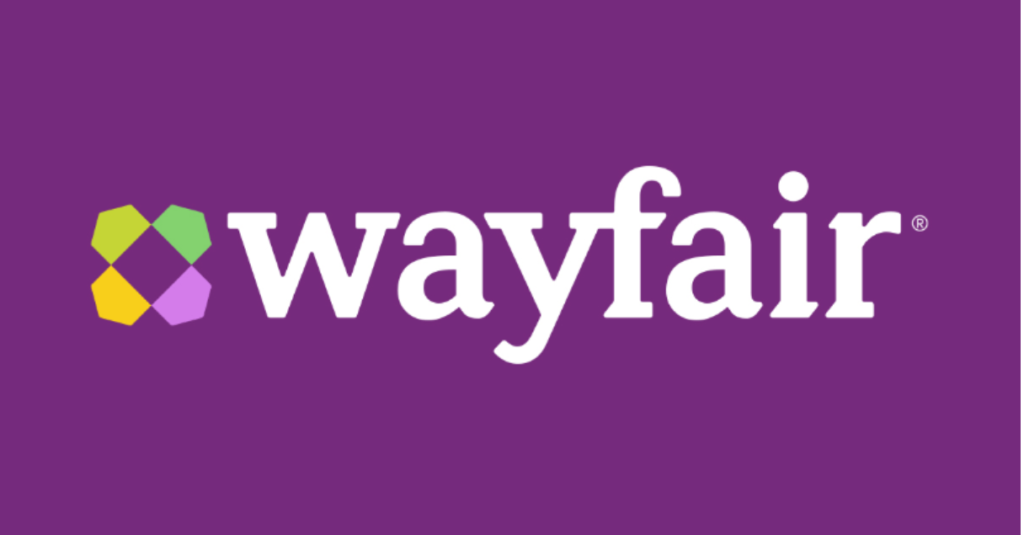Popular e-Commerce Platform Shopee Shuts Down Its Operations In India.
Shopee, a Singapore-based e-commerce site that only launched in India in December 2021, has opted to leave the nation. Shopee’s official rationale, which is controlled by NYSE-listed Sea Ltd, is causing worldwide sentiment to shift.
“In light of global market uncertainty, we have chosen to close risks of our early-stage Shopee India endeavour,” the company stated in a statement. Trade organisations led by Praveen Khandelwal, as well as domestic social commerce start-ups, have been vocal in their opposition to the e-commerce platform.
Source: www.business-standard.com
They claimed it was a back-door infiltration by Tencent, a Chinese corporation, in blatant contravention of FDI guidelines. Shopee recently received relief from the Competition Commission of India (CCI), which dismissed a complaint filed against the company for exploitative pricing.
To add to the troubles, Sea Ltd has been in the middle of a tempest because it also controls the popular gaming software ‘Free Fire,’ which was recently banned by the Centre, along with numerous other Chinese apps.

Shopee, on the other hand, scored a huge victory when the CCI dismissed a petition brought by Khandelwal citing “predatory pricing with the intent of destroying conventional and small-scale businesses in the country.”
Khandelwal, who is also the secretary-general of the Confederation of All India Traders (CAIT), said he intends to appeal the CCI verdict to the National Company Law Appellate Tribunal (NCLAT).
Shopee had allegedly broken FDI restrictions since Tencent owned a significant stake in the Sea Group, according to the trade body. It further stated that the e-commerce platform entered the country through a complicated backdoor.
In its March 3 judgment, the CCI stated that it does not detect any prima facie evidence of Shopee’s violation of provisions 3 and 4 of the Competition Act. It was suggested that Shopee was a newcomer to a market that already had a plethora of e-commerce firms.
According to insiders, Shopee, which employs over 300 people, would provide them three months’ pay as a separation package and will also try to place them in other companies.
It would also provide assistance to sellers until the end of May to remedy any concerns, particularly with transactions.
They also mentioned that the company has shut down operations in France and would now concentrate solely on becoming profitable by 2025, rather than expanding into new areas.
Sea Group has made repeated attempts to reaffirm its status as a Singaporean firm. It has made it plain that Tencent does not have a claim to a board seat. Tencent now owns an 18% stock stake in Sea Ltd.
Sea Ltd founder Forrest Li would possess 57 percent of voting power, up from 52 percent previously, according to the company’s articles of association, which were approved during an annual general meeting (AGM) last month.
Despite having only an 8% stock stake, this is the case. As a result, he effectively has complete influence over the management and the Sea Board. Li was born in Singapore and is a Singaporean citizen.
Tencent’s stake in Sea Ltd has gradually dwindled since it originally invested in the company in 2010. According to Sea’s AGM meeting notice, it now has less than a 10% voting share.
The government’s crackdown on Chinese apps included the abrupt ban on Free Fire. Singapore’s ministry of trade and industry reacted quickly, saying this week that it hoped the restriction will be lifted “as soon as possible.”
According to media sources, the ministry had addressed the Centre a week before to inquire whether the ban was “deliberate” and why it had been imposed, considering that Sea is based in Singapore.
According to sources, the Singapore government is still in talks with the Indian government, but no solution to the disputed ban has been reached.
